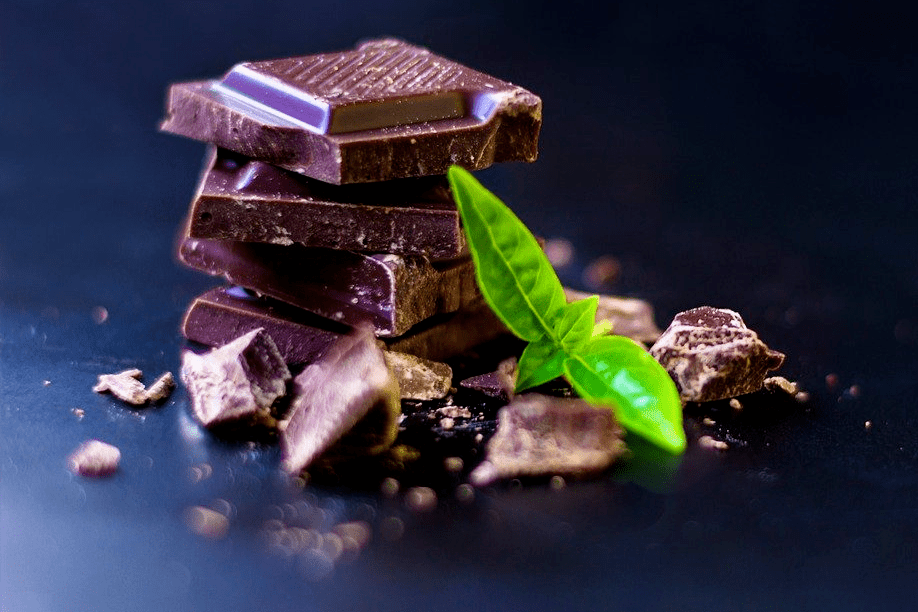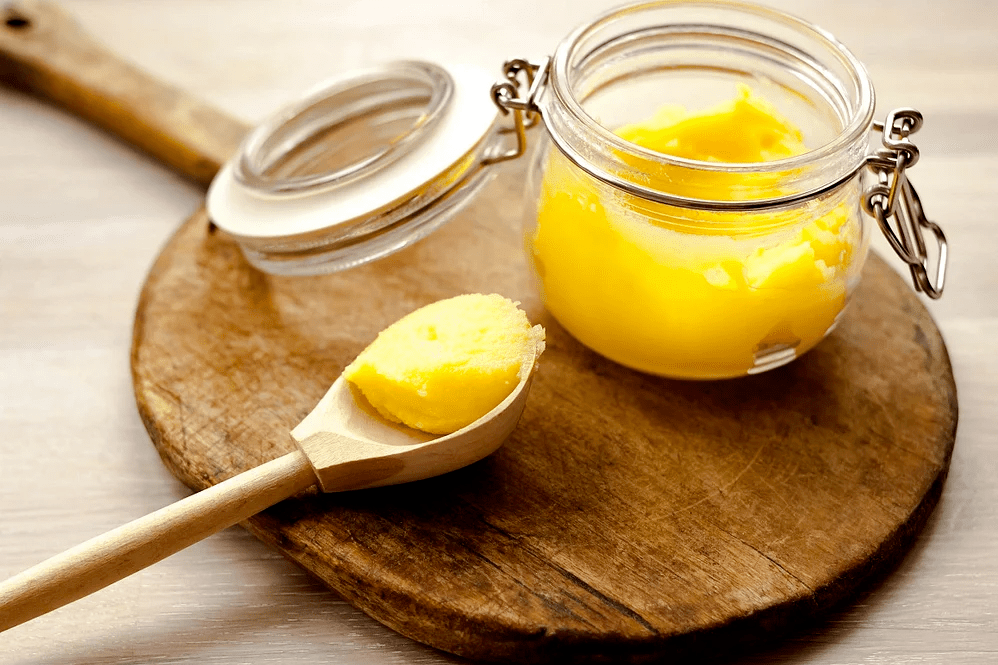Sunday Health Hack No. 14 – Every evening, have a bar of dark chocolate.
Today, this hack is about “replacement” rather than adding something to your routines/habits. Yes, even a “treat” can be healthy or at least beneficial for your health. And as most “treats” are consumed in the evening, on the couch, after a successful day battle, the trick is to swap the “sugary stuff”, which might give you a short “sugar high” (and even shorter gratification before the bad conscious kicks in), with “dark chocolate”.
The easiest way is to gradually increase the “darkness” of the “chocolate” you are already consuming. There is no rush. Your tastebuds have been pretty much “ruined” by our sugar/sweets-industry, so give it time to undo the “damage”.
Dark chocolate is generally considered to be anything above 50% cocoa. As the cocoa percentage gets greater, the chocolate is also less likely to contain other ingredients, especially sugar. The more cocoa chocolate contains, the darker it is, the greater potential health benefits it has. Studies have shown that dark chocolate with 70% or more offers the best results.
Dark chocolate is high in iron, magnesium, copper, and manganese, and also contains calcium, potassium, and zinc, as well as traces of vitamins A, B, E, and K.
Interesting to know, especially for women, that a 100gram bar of dark chocolate covers almost 70% of the daily iron requirement. Yes, a 100gram bar has got around 600cal but rather stay away from a donut-morning-indulgence, or take an extra walk around the block, than to miss out on such an easily available, delicious iron source.
And dark chocolate offers so much else. The fatty acid profile of cocoa and dark chocolate is also beneficial. The fats consist mostly of oleic acid (a heart-healthy fat also found in olive oil) and stearic acid, which has a neutral effect on cholesterol.
Dark chocolate is loaded with organic compounds that are biologically active and function as antioxidants. Studies have shown that cocoa (and dark chocolate) are the highest-scoring foods that have been tested regarding antioxidant activity, polyphenols and flavanols, than any other including superfoods like blueberries or acai berries.
Thus, dark chocolate has been linked to a reduced risk of cardiovascular disease, such as heart disease and stroke. And the high antioxidant content strengthens the defences of our immune system and up our body’s resistance.
This goes in line with that an average 100-gram bar of dark chocolate has around 10 grams of fiber, which is like rocket fuel for your gut, the commando bridge of your immune system. Cocoa helps your “good” gut microbiomes to flourish, and research found that some of your “good” bugs even particularly relish dark chocolate.
Dark chocolate has also been linked to improved oxygen levels, nerve function, and blood flow in the brain, as well as an increased nerve cell growth and activity in brain regions associated with learning and memory.
And most chocolate lovers know about the power of (dark) chocolate as a mood enhancer, as cacao stimulates the release of endorphins and the production of serotonin, a neurotransmitter that boosts your mood.
And last but not least, dark chocolate is high in tryptophan. Tryptophan is an amino acid which kick-starts the production of the sleep hormone melatonin. Which is why I recommended in the beginning to have dark chocolate especially in the evening. It calms down your nerves, it enhances your mood, and it prepares you for a good night restful sleep.
Interesting side note: Dark chocolate is also good for a stubborn cold and cough. Studies proved that theobromine, an alkaloid in cocoa, was much better at suppressing (and curing) a cough than the commonly used and prescribed pharmaceutical codeine.
So, the Sunday Health Hack for today is – go “dark” in the evening. Step by step upheave the cacao percentage, and also replace other “treats” with dark chocolate.
We talked about “bad” and “good” calories before, and the healthy fats in dark chocolate are “good” calories. So, don’t worry too much but, as always, don’t gorge yourself on it either.
Extra hack: A special delight for your taste buds is the combination of dark chocolate with dark, heavy red wine. Red wine also is full of antioxidants and the alcohol has a calming effect on your nerves. So it not only taste real good but it also doubles the effects for a good night sleep.
A word of (important) caution though – I am talking of “one small glass” of red wine, not “one bottle”. Don’t “drink” the red wine, just “sip” on its for long.
Fitness hack: Due to its high levels of powerful antioxidants, raw organic cacao powder is also an optimal addition to your “post-workout-shake” as it speeds up the recovery process and soothes out the post-workout-inflammation nicely.
Hacks & treats, Yours Andreas
Sunday Quote
Focus on the good, and the good becomes better!
Sunday Music
No surprise here … 🙂



